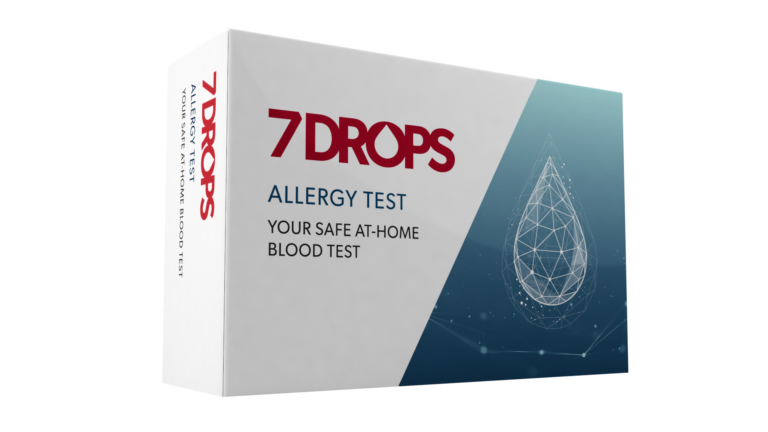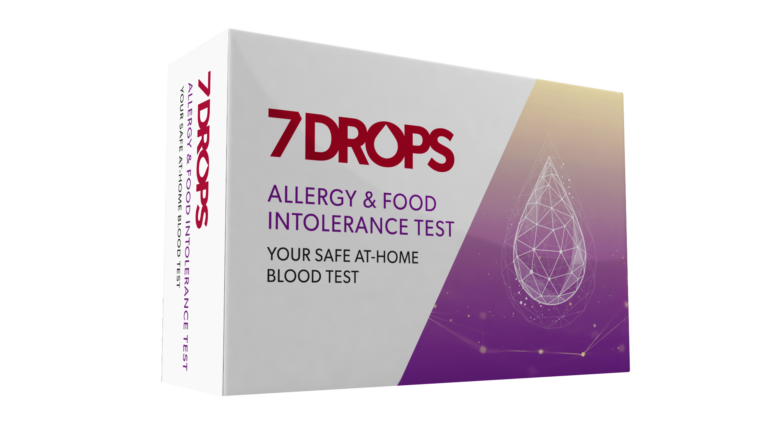Eczema, hives and contact dermatitis




| Possible triggers | Typical symptoms |
|---|---|
| Eczema: pollen (trees, grasses, herbs), food allergens, dust mites, vermin (cockroaches, mice) | Dry, itchy, sensitive patches on the skin; small, fluid-filled bumps (if infected) |
| Hives: Pollen (trees, grasses, herbs), food allergens, insect venom | Raised, red, itchy bumps or wheals; bumps turn white when pressed with a finger |
| Contact dermatitis: latex, plants (poison ivy, poison oak, poison sumac), hygiene products (deodorant, shower gel, hair dye), medicines (antibiotics) | Itchy red bumps or blisters after direct skin contact with the allergen |


THREE TYPES OF SKIN REACTIONS
Besides respiratory problems and hay fever symptoms, allergies can cause different types of allergic skin reactions in patients. Dubbed a rash by patients, allergists divide them into three categories depending on the type of reaction: Eczema, hives and contact dermatitis.
ECZEMA, HIVES AND CONTACT DERMATITIS
Eczema is also known as atopic dermatitis and is most common in children (between 10 and 20 per cent) and only 1 to 3 per cent of adults. Patients who suffer from eczema often have a family history of allergies. Hives (acute urticaria) are usually caused by contact with certain allergens and should not last longer than six weeks. Contact dermatitis occurs when the patient’s skin comes into direct contact with an allergen or irritant. There are many causes of contact dermatitis, ranging from certain plants and latex to detergents, soaps, hygiene products and nickel jewellery.


How to treat skin rashes
Patients suffering from an allergic skin reaction should avoid scratching their rash at all costs, as this can lead to further irritation and even infection of the affected area. Experts recommend frequent baths and immediate moisturisation of the skin to relieve the symptoms. Allergists can also prescribe oral medications and special creams to relieve the uncomfortable itchy feeling.
AVOID UV EXPOSURE
If you suffer from eczema, hives or contact dermatitis, you should not expose your irritated skin to the sun. UV rays and sunburn can further damage your skin and make symptoms worse – so protect yourself and stay out of direct sunlight as much as possible when dealing with allergic rash.
Our products
The best test for you



Allergy test
- £ 299
- 295 ALLERGIES
- -
- At-home allergy test
- IgE based
- Blood collection through finger prick
- Recommended by doctors



Allergy and food intolerance test
- £ 345
- 295 ALLERGIES
- 286 FOOD INTOLERANCES
- At-home allergy & food intolerance test
- IgE + IgG based
- Blood collection through finger prick
- Recommended by doctors

